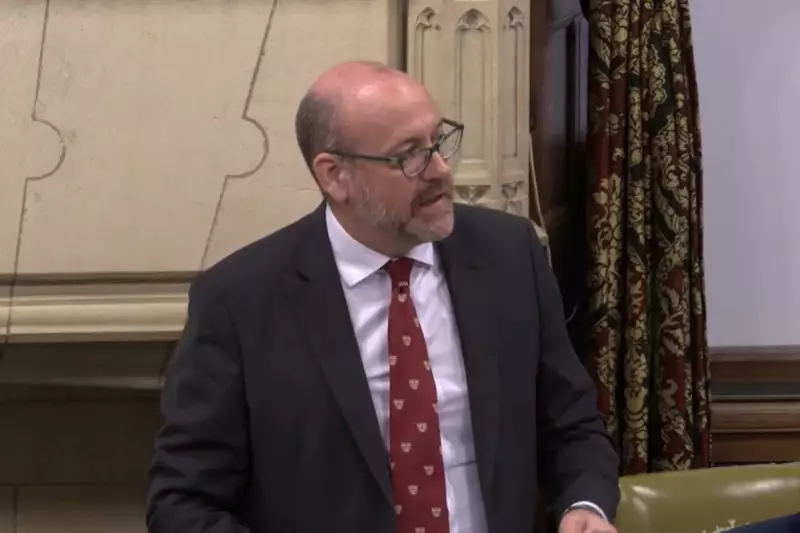
A Labour parliamentary candidate has ignited a fiery debate about Cornish identity after making controversial remarks about the county's relationship with England.
Perran Moon, standing for the St Ives constituency, declared that Cornwall is "not English" during a public meeting, sparking immediate backlash from political opponents and residents alike.
Constitutional Controversy
The remarks came during a hustings event where Moon stated: "We're not English, we're Cornish." This assertion directly challenges Cornwall's official status within England and the United Kingdom, despite the county having its own distinct cultural heritage and being recognised as a national minority since 2014.
Conservative opponents were quick to condemn the comments, with local Tories accusing Moon of attempting to "divide our nation" and pursuing a "divisive agenda."
Historical Context and Modern Identity
Cornwall has long maintained a unique cultural identity, with its own language, traditions, and history. The Cornish people were officially recognised as a national minority under the Framework Convention for the Protection of National Minorities, granting them the same status as Welsh, Scottish, and Irish communities within the UK.
However, the constitutional position remains clear: Cornwall is a ceremonial county within England, not a separate nation like Scotland or Wales. This creates an ongoing tension between cultural identity and political reality.
Political Fallout
The controversy comes at a sensitive time in the election campaign, with candidates carefully navigating issues of local identity and national unity. Moon's comments have raised questions about how political parties approach regional distinctiveness while maintaining constitutional clarity.
Other candidates in the St Ives constituency have distanced themselves from Moon's remarks, emphasising Cornwall's important role within both England and the wider United Kingdom.
The debate continues to rage on social media and in local communities, highlighting the enduring complexity of identity politics in Cornwall and the ongoing conversation about how regional distinctiveness fits within the broader national framework.





